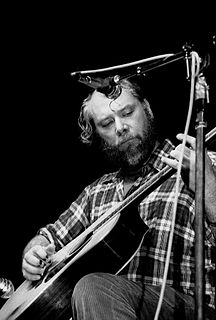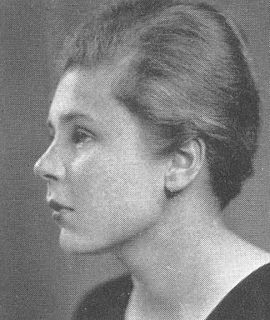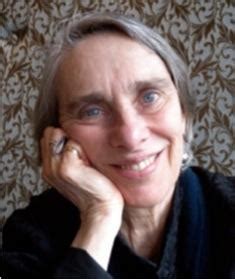A Quote by Billy Collins
There's a lot of unconscious activity that goes on I think in the composition of a poem.
Quote Topics
Related Quotes
The subject of the poem usually dictates the rhythm or the rhyme and its form. Sometimes, when you finish the poem and you think the poem is finished, the poem says, "You're not finished with me yet," and you have to go back and revise, and you may have another poem altogether. It has its own life to live.
I think what gets a poem going is an initiating line. Sometimes a first line will occur, and it goes nowhere; but other times - and this, I think, is a sense you develop - I can tell that the line wants to continue. If it does, I can feel a sense of momentum - the poem finds a reason for continuing.
I feel that when a white child goes to school only with white children, unconsciously that child grows up in many instances devoid of a world perspective. There is an unconscious provincialism, and it can develop into an unconscious superiority complex just as a Negro develops an unconscious inferiority complex.
There's no artist in this world that doesn't enjoy the dream that if they have bad reviews now, the story of Keats can redeem them, in their fantasy or imagination, in the future. I think Keats' poem 'Endymion' is a really difficult poem, and I'm not surprised that a lot of people pulled it apart in a way.
Composition is a side issue. Its role in my selection of photographs is a negative one at best. By which I mean that the fascination of a photograph is not in its eccentric composition but in what it has to say: its information content. And, on the other hand, composition always also has its own fortuitous rightness.




































